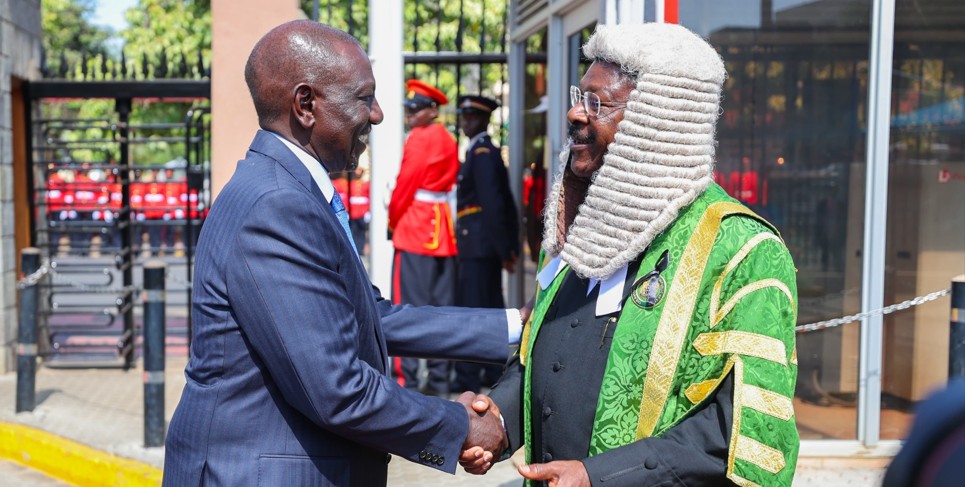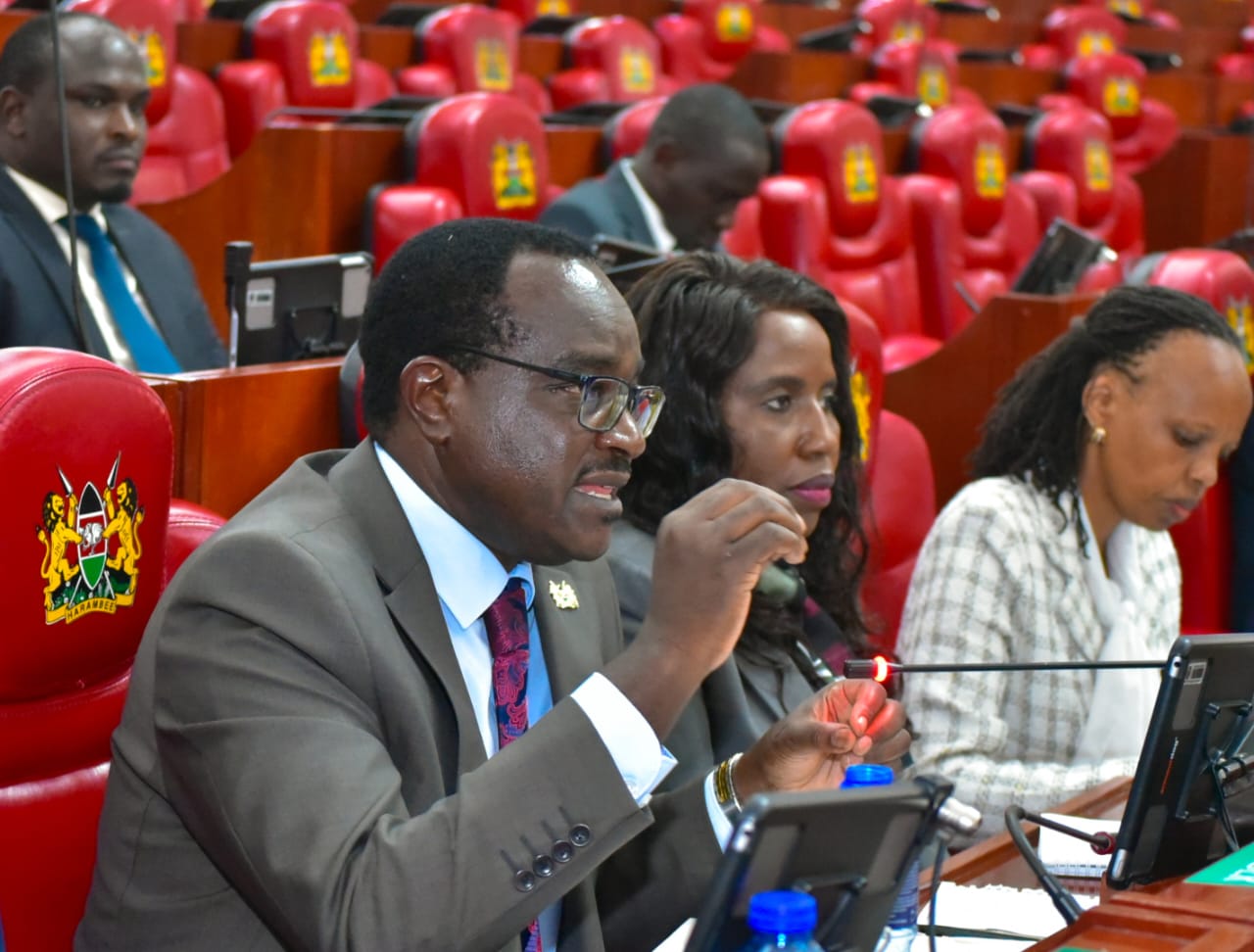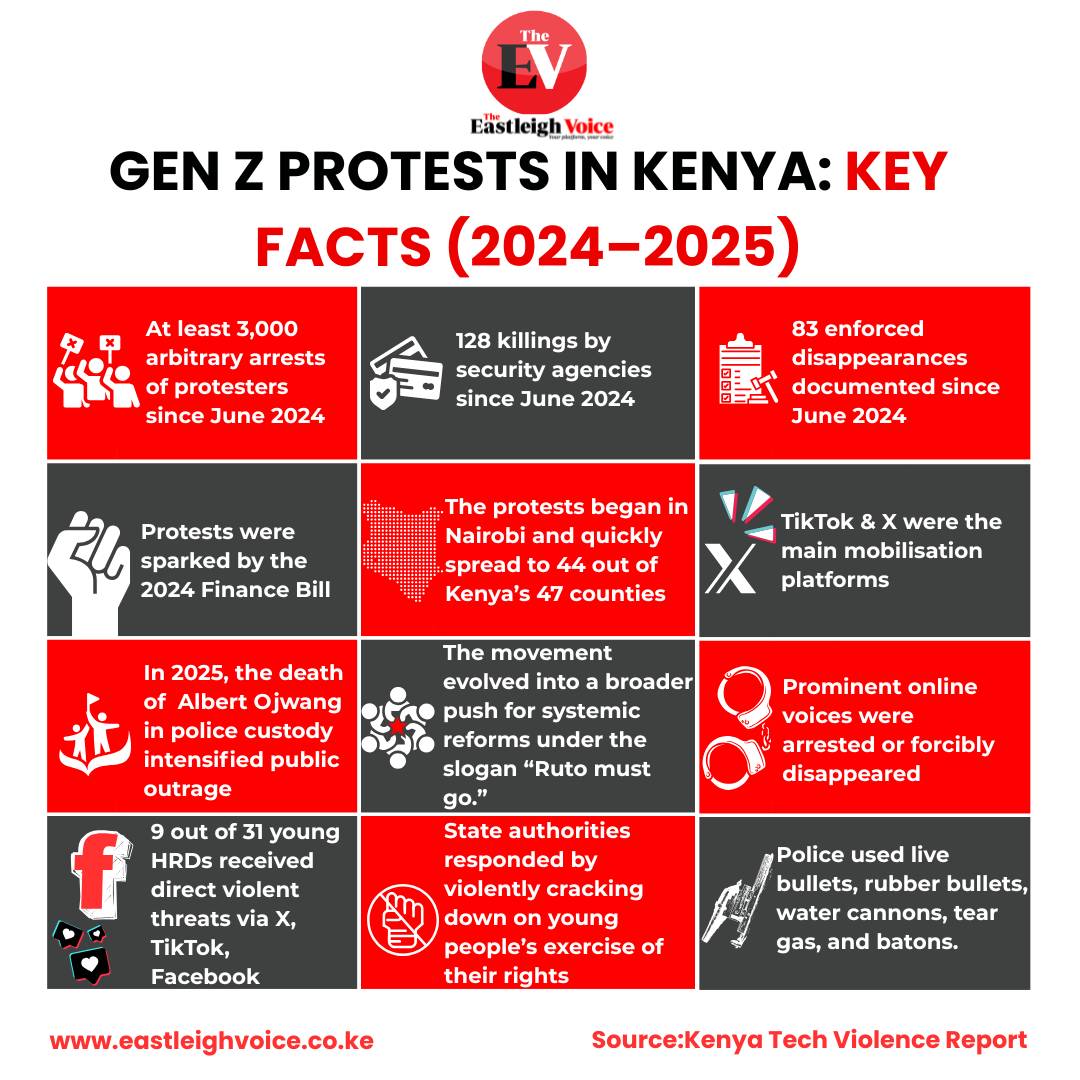Petition filed to stop implementation of Privatisation Act 2025

The petitioners argue that "Parliament pushed the law through without conducting meaningful public participation, contrary to the demands of Articles 10 and 118 of the Constitution".
The High Court has been asked to halt the implementation of the newly enacted Privatisation Act, 2025, in a petition claiming the law is unconstitutional and exposes the country's strategic assets to risky private control.
In the suit filed by Omar Faruk Maalim and Abdulhakim Dahir Sheikh, the two petitioners are seeking urgent conservatory orders to stop the National Assembly, the Attorney General, and the Cabinet Secretary for the National Treasury and Economic Planning from putting the statute into effect.
More To Read
- Maraga vows to sack loss-making parastatal chiefs if elected President
- Ex–CJ Maraga blasts Privatisation Bill, calls for transparency and public oversight
- National Assembly approves Privatisation Bill to overhaul state corporations
- Privatisation Commission issues notice for sale of Kenya Pipeline shares
- Parastatals’ unchecked borrowing fuelliing Sh2.9 billion debt, Auditor General warns
- High Court blocks government sale of Kenya Pipeline shares
The Act took effect on November 4, 2025, shortly after President William Ruto signed it into law on October 15.
The petitioners argue that "Parliament pushed the law through without conducting meaningful public participation, contrary to the demands of Articles 10 and 118 of the Constitution".
While the National Assembly issued a call for public memoranda on August 7, 2025, the duo says the legislature received no written submissions from citizens - an indication, in their view, that the public was not effectively engaged.
They accuse Parliament of failing to utilise its official social media platforms to notify a wider audience and claim that only four institutions—the Institute of Certified Public Accountants of Kenya (ICPAK), PwC, the Kenya Private Sector Alliance (KEPSA), and the Law Society of Kenya—gave their views.
They further question the legitimacy of public forums said to have been conducted in all 47 counties, arguing that there is no proof of attendance, methodology, or minutes to demonstrate any real consultation.
Maalim and Sheikh say this shortfall renders the entire legislative process constitutionally defective.
Beyond the alleged procedural flaws, the petitioners fault the Act for concentrating extraordinary authority in the office of the Treasury Cabinet Secretary. They argue that Section 21(1), which empowers the CS to identify state corporations for privatisation, strips the public of its role and undermines Parliament's oversight function.
According to the petition, this provision effectively shifts sovereign power from Kenyan citizens to private business interests, allowing unelected actors to gain control of essential national infrastructure.
They warn that the Act opens the door for privatisation of vital sectors, including water, energy, transport, ports, and telecommunications - areas they say should remain under strong public oversight due to their importance to national security and social welfare.
The two contend that privatising such assets could lead to private monopolies, weaken government capacity, and expose key enterprises to sale at undervalued prices. They also argue that the shift could erode government revenues that fund crucial public services.
Additionally, the petition states that the Act threatens the socio-economic rights guaranteed under Article 43 of the Constitution, saying private ownership could make essential services such as healthcare, housing, and education too costly for ordinary citizens.
Top Stories Today










































